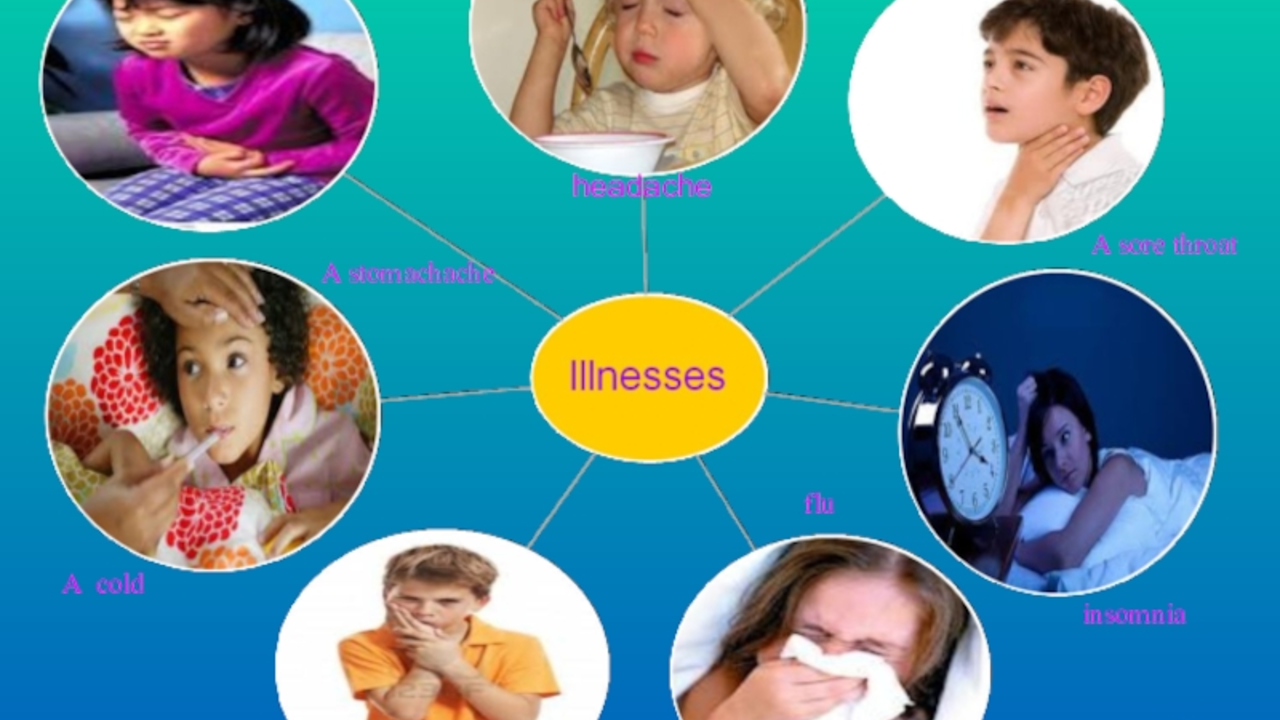Children's health — simple, practical drug and care advice for parents
Here’s a blunt fact: many online drug pages skip clear pediatric guidance. That can make a small mistake into a big one. This tag page collects posts and guides aimed at parents and caregivers who need straight talk about medicines, supplements, online pharmacies and everyday health questions for kids.
Quick safety rules for giving medicines to kids
Always check the dose for your child’s age and weight — never assume an adult dose is okay. Use a proper oral syringe or dosing cup, not a kitchen spoon. Read the leaflet for side effects and interactions. If a medicine is only described for adults on a site, ask your pediatrician before using it.
Store all medicines out of reach and in their original bottles. Keep a list of everything your child takes (prescription, OTC, vitamins) and share it with every doctor visit. If your child has sudden breathing trouble, severe drowsiness, or a seizure after taking anything, get emergency care right away.
How to use the articles here — what you’ll find
Look for practical titles on this page. For example, our guide to Calcort explains uses and side effects for a steroid that sometimes appears in pediatric care. The Tranexamic Acid article explains a non-hormonal option for heavy periods in teens. Posts about thyroid therapy — Hashimoto’s, Synthroid vs natural desiccated thyroid — help families dealing with pediatric thyroid problems. If digestion is the issue, the meteorism and FODMAPs guide gives concrete diet tips that can help kids with bloating.
We also include guides about buying meds safely online. Before ordering from any pharmacy, read our reviews and safety tips on sites like UniversalDrugstore.com and my-generic-pharmacy.com. Those posts explain how to verify a pharmacy, spot scams, and avoid counterfeit drugs — useful if you’re managing a chronic condition and need regular refills.
For supplements and herbal products — alfalfa, Artemisia, Tree of Heaven and others — the articles outline real benefits and clear warnings. Many herbal products have different effects in children than in adults. We point out age limits, likely side effects, and when to skip them entirely.
When an article mentions dosing, we try to be specific: milligrams per kilogram or clear age ranges whenever reliable sources exist. But remember: these posts are to inform, not replace your pediatrician. Use them to prepare questions, compare options, and feel confident in conversations with healthcare providers.
If you’re not sure where to start, search this tag for the symptom or medicine name. Check article dates and read the comment or update notes. If something sounds risky or unclear, call your child’s doctor — a quick phone call can prevent big problems.
Want a practical next step? Pick one article that matches your child’s issue, read it, then write down two questions to ask your clinician. That simple habit turns online reading into safer, smarter care for your kids.

